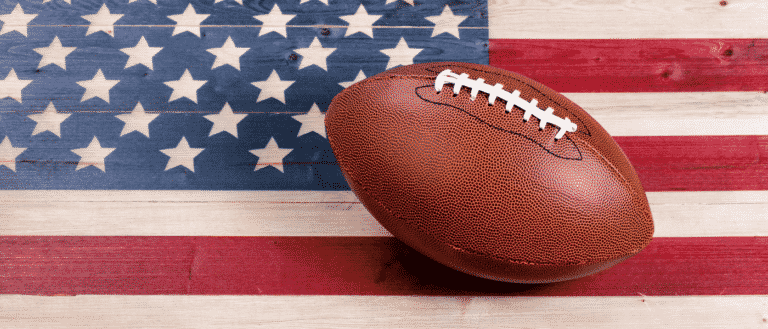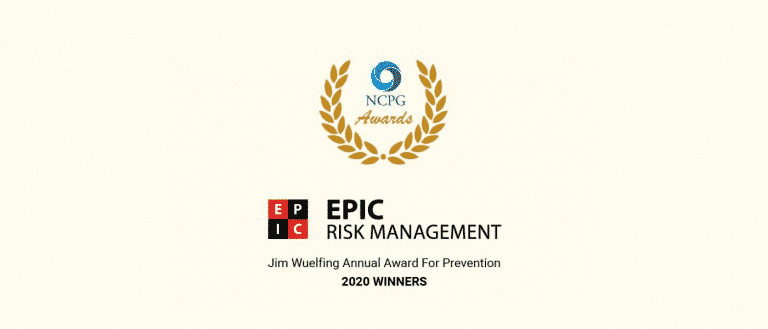Free-To-Play Sports Betting Products Target Casual Bettors

The topic of free-to-play sports betting games provokes all sorts of pessimistic responses from serious gamblers. They’re a stand-in for the real thing, a marketing gimmick, or something that only appeals to non-sports bettors.
Nothing could be further from the truth.
Like the epiphany land-based casinos eventually came to on social casinos, sportsbooks are quickly discovering that free-to-play games have a multitude of benefits. And rather than legal sports betting diminishing free-to-play products, it’s increased the demand for these games.
To help us explain some of the opportunities free-to-play products bring to the table Betting USA enlisted the help of Daniel Kustelski, the CEO & Co-founder of Chalkline Sports.
What is Chalkline Sports
Betting USA: Before we begin, can you provide our readers with an overview of Chalkline Sports and what role you play in the industry?
Daniel Kustelski: Chalkline Sports was built on the premise that sports betting operators, affiliates, and media companies in high-growth markets (North America and Africa) are fundamentally under-served.
Customers demand snack-sized, mobile-first engagement, and personalization during the 150 times they check their phones each day.
Operators, affiliates, and media companies require access to cost-effective engagement tools to communicate more powerfully with an ever mobile-first world. And to harness real-time business intelligence tools to continuously measure and encourage scalable growth.
Our recent relationship with Barstool Sports is a great example of how we are a “Games As A Service” platform. Barstool owns the relationship with their customers and has developed the front end, we simply provide the platform for them to offer 1000s of games a month.
Three Misconceptions About Free-to-Play Games
BUSA: What are some of the misconceptions about free-to-play games, and free-to-play users?
DK: Three things come to mind.
“Free-to-play users are not valuable.” The conversion rate is high, which is why you see so many books offering free-to-play, or media companies like Barstool (our client) using them as a means to educate, entertain, and build a database of bettors.
“It’s only for states that haven’t legalized yet.” Customer acquisition strategies and tools will always have a place. New Jersey books will be acquiring customers forever.
“I need to obtain sports betting software first,” is another common misconception. Potential sports betting licensees feel like they can’t start doing anything until they have a software provider selected. That takes time, and they can multitask with a free-to-play operation to ensure they don’t lose the sports bettors in their databases to someone else.
What Do Free-To-Play Products Bring to the Table?
BUSA: There’s a notion that free-to-play games are a stand-in for real money wagering, and now that legal sports betting is spreading across the country, free-to-play is no longer needed. Why is that thinking flawed?
DK: Free-to-play is about education, entertainment and acclimating the 30-40 million (from the AGA) potential sports bettors that will place a legal bet in the next 3-5 years. It’s about database building and customer acquisition. That will always be relevant to the market.
As more states become legal and more brands enter the game, there has been a boom in free to play games. Just take a look around at the market, these games are everywhere:
- FOX Bet Super6
- PointsBet Pick6
- NBC Sunday Night 7
For someone who has never placed a bet, contests with no risk and huge potential payouts are a great way to get their feet wet and develop trust in the industry, learn what -120 means and with Chalkline, do it on their mobile phones.
Educating Decision-Makers Is a Work In Progress
BUSA: You’re a regular attendee and panelist/moderator at gaming conferences, and Chalkline offers a monthly webinar to help educate the industry. What areas do you feel the industry needs the most education?
DK: Casinos have plenty of sports bettors in their databases, visiting their sites, etc. I’m not sure casinos understand how much value there is in engaging with these customers.
There are so many casual bettors that need a very simple UI/UX to place a bet. Often people just want to bet on their favorite team and possibly string together a 5 team parlay to bet $5 with long odds payouts.
Online/Mobile Customer Acquisition costs for books are really high. Retail operators that haven’t been in an online environment will be surprised how different retail vs. online customer acquisition can be.
Having software and a system to understand Customer Lifetime Value vs. Acquisition Cost is critical. Data from New Jersey and Mississippi already indicates that casino growth is linked to sports betting legalization. A rising tide lifts all boats, so casinos shouldn’t just measure sports betting revenues.
What Data Can Free2Play Games Provide?
BUSA: As a data-driven company, what are some of the key metrics sportsbooks should focus on, and how can they use that data to build customer profiles and market effectively?
DK: Customer Acquisition Costs vs. Customer Lifetime Value is the biggest.
I’d also point to retention rates and monthly actives. Understanding player behavior and player activity over a 12-month period are critical.
Finally, there are customer segmentation strategies and ensuring that they have a plan for VIPs, casual players, and new customers. We had dozens of segments when I ran a book, and we had a plan for each. I’m sure some of the operators in the US are far savvier and have many different ways to track players.







